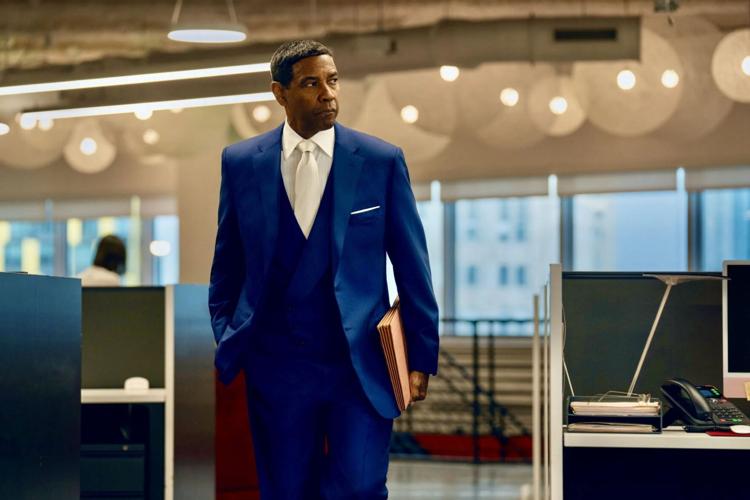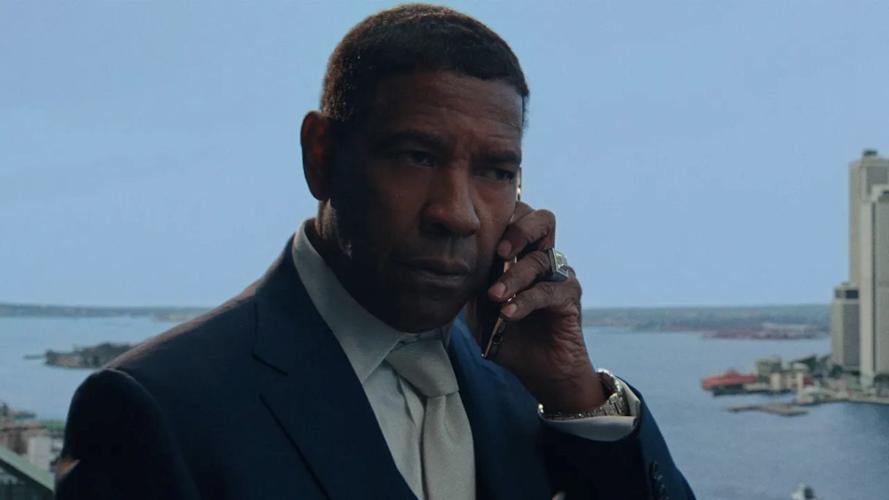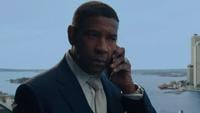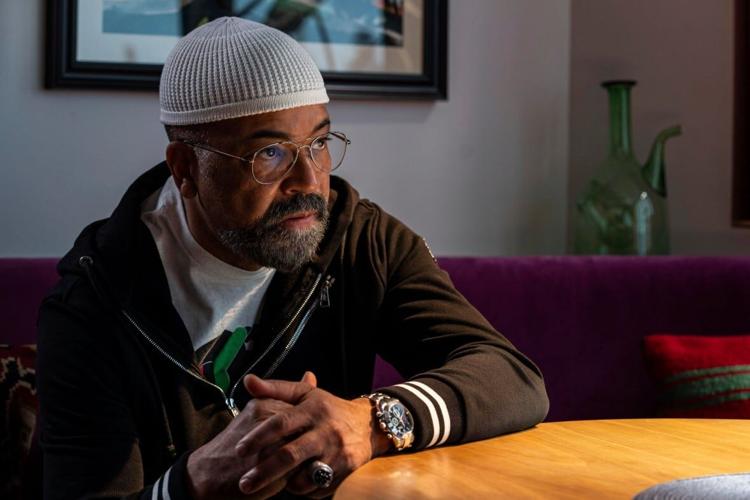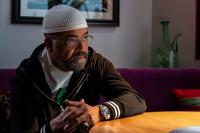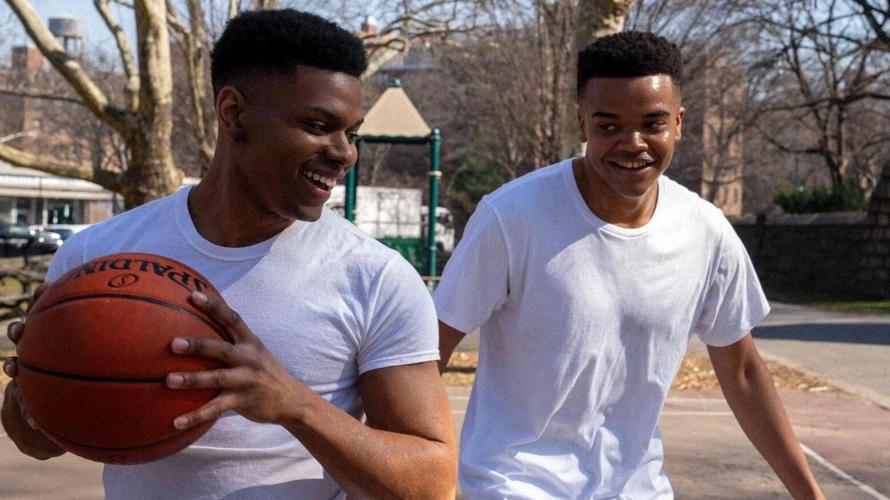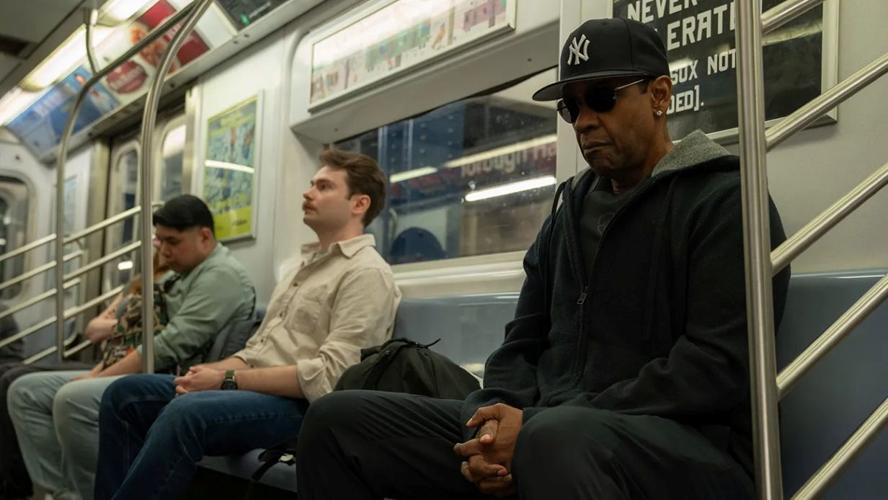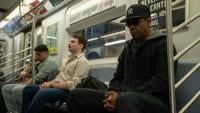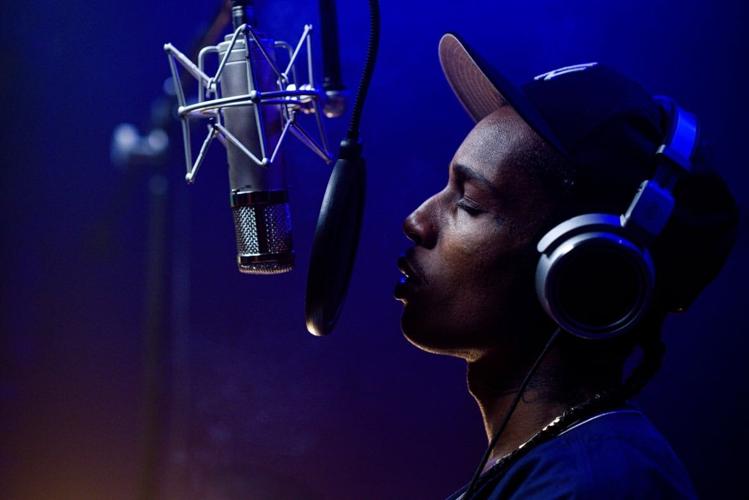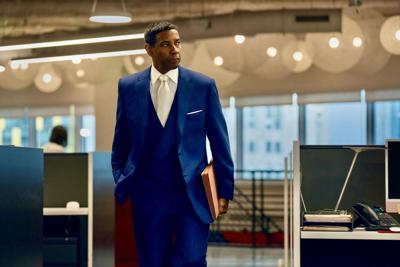Akira Kurosawa directed High and Low (1963), an adaptation of a 1959 novel about a wealthy man who has to decide over using all the money he has to buy something personal or pay a huge ransom to save a kidnapped boy. Kurosawa made the film into a police procedural that is less about the wealthy man and more about the detectives trying to catch the kidnapper. Kurosawa is considered a master filmmaker who has influenced a lot of directors. Bong Joon Ho's Parasite (2019) and Steven Soderbergh's Full Circle (2023) were said to be inspired by Kurosaswa's 1963 classic. Plenty of films have been inspired by Kurosawa's filmography like his masterpiece of Rashomon (1950). Several of his films have been remade, such as Seven Samurai (1954) and Yojimbo (1961).
A lot of those remakes were made into westerns, which were the closest American equivalent to what Kurosawa was doing in those respective films. Given that Spike Lee is driving this remake, he could have done a police procedural too. Yet, Spike Lee doesn't. One reason is because Lee already did a police procedural in Inside Man (2006), his last film starring Denzel Washington. Another reason is that if he did make a police procedural, Lee would have lost that aforementioned star with whom he's worked now five times. In the 1963 version, Kurosawa started with the wealthy man and later changed perspectives and focused on the detectives for the second half of the film and the wealthy man all but disappears. I understand the impulse for Lee not to go that route considering who's playing the wealthy man here.

Yes, Denzel Washington (Malcolm X and Mo' Better Blues) stars as David King, the head of a New York record company named Stackin' Hits Records. He's a music mogul, a celebrity record producer, probably on the level of Quincy Jones, Berry Gordy or Clive Davis. He not only runs the company but he owns a large chunk of it. The music industry has been struggling. Several of the other owners of David's company want to sell their shares to another company called Stray Dog. David doesn't want to sell because he believes that Stray Dog won't support the African American artists or the Black culture that he's cultivated over the decades.
Instead, David wants to leverage everything he has, including his luxury penthouse that sits atop a high-rise right next to the Brooklyn Bridge. He wants to use that leverage to buyout the other owners of his company, so that he becomes pretty much the sole proprietor. As such, he can concentrate on the artists that he prefers. However, this summer, David's son is attending a basketball camp at Long Island University or LIU. After dropping off his son, David gets a call from a kidnapper saying his son is being held for a ransom of $17.5 million, which is about how much David's leverage is worth.

Jeffrey Wright (American Fiction and Casino Royale) co-stars as Paul Christopher, a childhood friend of David who grew up in Brooklyn, along side the now wealthy man. In fact, Paul works as a chauffeur for David. He's the main driver out of at least a couple of drivers that David has. Paul has a son that's the same age as David's son. Paul is Muslim, which contrasts with David who doesn't seem to be religious at all. If anything, David's religion is money. Paul is the opposite, but the two can still hang out. However, Paul is a man who is still very much connected to the streets rather than David who only enjoys the lap of luxury. The dichotomy between Paul and David is representative of this film's theme about classism and socioeconomic divides.
When David's son gets kidnapped, Paul becomes a suspect and the police are almost immediately antagonistic toward Paul. If one has seen the Kurosawa version, one knows that Paul as a suspect is a red herring, but the police's treatment of him isn't just indicative of suspicion. It's also indicative of classism. Kurosawa's film doesn't take as long as Lee to get to what is the central dilemma. The kidnapper didn't take David's son. The kidnapper takes Paul's son by mistake. Yet, the kidnapper still ransoms Paul's son as if he were David's son. Unfortunately, once David realizes the mistake, he doesn't want to pay the $17.5 million, even though the kidnapper threatens to kill Paul's son. The dilemma becomes whether David will pay the ransom because if he does, he'd lose the ability to buyout and fully own Stackin' Hits Records, as well as lose his house and home all together. The dilemma becomes if the life of a rich man's son is worth the same as a poor man's son.

It's at this point that Denzel Washington shines because how the film deals with the dilemma is by putting Washington's character of David in scene after scene with people having him debate the issue. From a moral standpoint, there's only one option, but David is so ambitious and heartless to anyone or anything other than his immediate family. However, there's a scene that suggests he might even be heartless toward his son, Trey, played by Aubrey Joseph (Bosco and The Inspection), or at least heartless about his feelings about the whole situation. Washington sells it though that one believes David could allow Paul's son to die, but we don't come to truly hate David for not immediately doing the right thing. Later, Lee wavers from the Kurosawa version in making the public perception of David more ironic.
Not following the police procedural pattern, Lee is able to show distinctions from where David currently is and where he came from. Kurosawa switched perspectives, so that the detectives in the kidnapping case basically became the leads, but if that happened here, we would have lost so much of Washington on screen giving an amazing performance in practically every frame. We also would not have gotten the incredible face-to-face confrontation that we get between David and the man who's revealed to be the kidnapper, as well as the eventual showdown, which mimics the end scene of Kurosawa's film, but here Lee layers so much more nuance and culture on top of it. Both interactions that David has with the kidnapper end up being the two best scenes of the film.

If nothing else, this film is no question a love letter to the City of New York. We go from the heights of Brooklyn to its depths with so many points in between. Lee also gives us two pretty thrilling sequences on board the 4 Train. As he's done before, Lee also brilliantly incorporates documentary footage or what looks like documentary footage. It seems as if he incorporated the real-life National Puerto Rican Day Parade. I don't know if Lee's camera crew invaded the actual event or if the whole scene was staged just for the film, but either way it feels absolutely immersive. Also, if you didn't know that Lee is a Yankees fan, you will by the end of this film. Any time Lee can take a dig at the Boston Celtics, even including Rick Fox if only to poke at him, he'll do that too.
Finally, the film is about a music mogul with the best ear in the business, so having good music seemed vital. The music here is more than good. The titular track by Aiyana-Lee Anderson is incredible and should easily be up for Best Original Song at the upcoming 98th Academy Awards. However, she also has a song that plays during the end credits called "Prisencolin (Americano Joint)" that could also be up for Best Original Song. There are also two songs created by Grammy-nominee A$AP Rocky who has a significant acting role in this film that makes the soundtrack here a must stream.

Rated R for language and brief drug use.
Running Time: 2 hrs. and 13 mins.
In theaters and on Apple TV+ on September 5.

